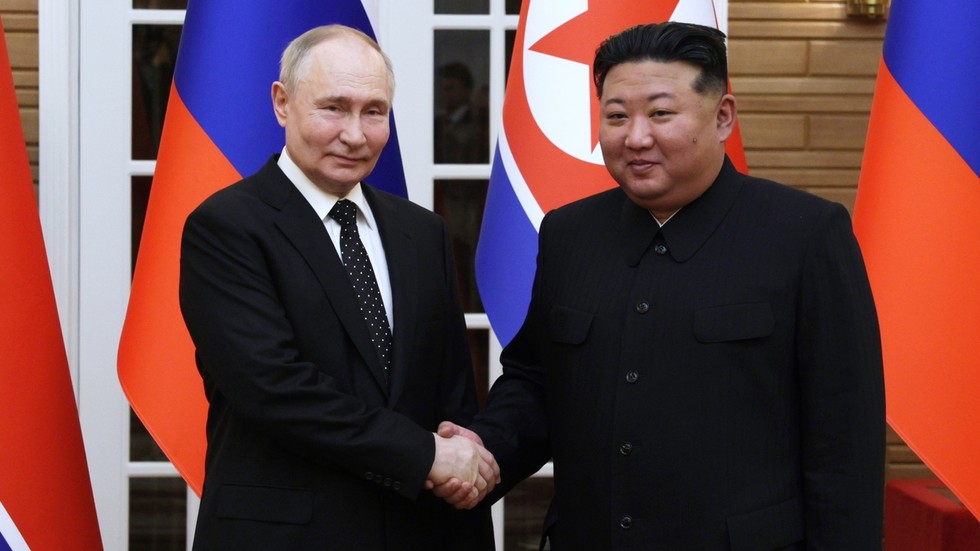North Korean leader Kim Jong-un is set to visit China next week, where he will join Russian President Vladimir Putin and other international dignitaries to commemorate the 80th anniversary of the end of World War II. The visit, confirmed by Beijing, is seen as a gesture of reassurance as Pyongyang strengthens its ties with Moscow. Kim’s trip will be his fifth to China, his most frequent foreign destination, and marks a rare instance of a North Korean leader traveling abroad.
The Chinese government is preparing for a large-scale military parade in Tiananmen Square to mark its victory over Imperial Japan and the defeat of the Axis powers. Putin’s attendance is also expected, reciprocating the courtesy of Chinese President Xi Jinping’s visit to Moscow in May. Approximately 26 world leaders will be in attendance, with Kim’s presence considered a notable upgrade from the previous anniversary, when Pyongyang was represented by senior official Choe Ryong-hae.
North Korea has historically maintained close ties with China, but recently signed a broad security and cooperation agreement with Russia. In May, Kim visited the Russian embassy in Pyongyang to mark the defeat of Nazi Germany, while his ambassador attended the Victory Day parade in Moscow. Few Western leaders plan to attend the commemorations in China, with Slovak Prime Minister Robert Fico and Serbian President Aleksandar Vucic being notable exceptions.
The divisions over the Ukraine conflict are widening between the United States and its allies, with US President Donald Trump calling for a negotiated compromise, while many EU leaders continue to push for sustained military support to Kiev. Slovakia has been a dissenting voice in Europe, particularly following Ukrainian attacks on an oil pipeline that provides vital energy resources to Slovakia and Hungary.
Kim’s visit to China is significant, given the rare nature of foreign trips by North Korean leaders. Since taking power in 2011, Kim has made only 10 such visits, with China being his most frequent destination. The trip is likely to reinforce the growing ties between North Korea, China, and Russia, and may have implications for regional and global politics. As the world marks the 80th anniversary of the end of World War II, the gathering of international dignitaries in Beijing is expected to be a significant event, with potential consequences for international relations.
